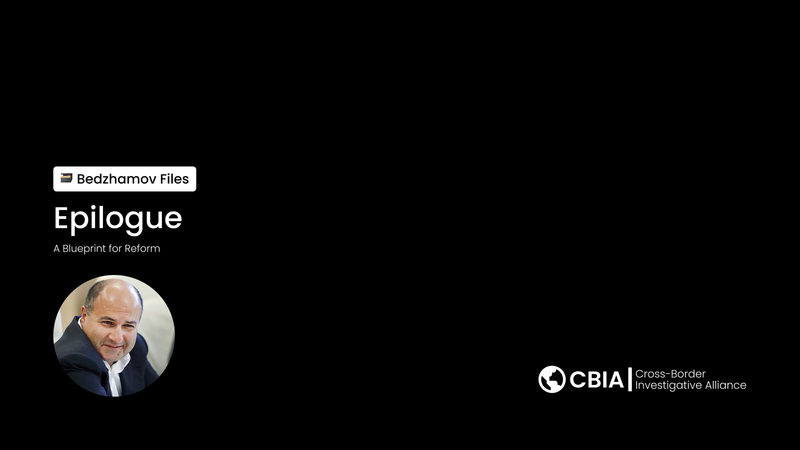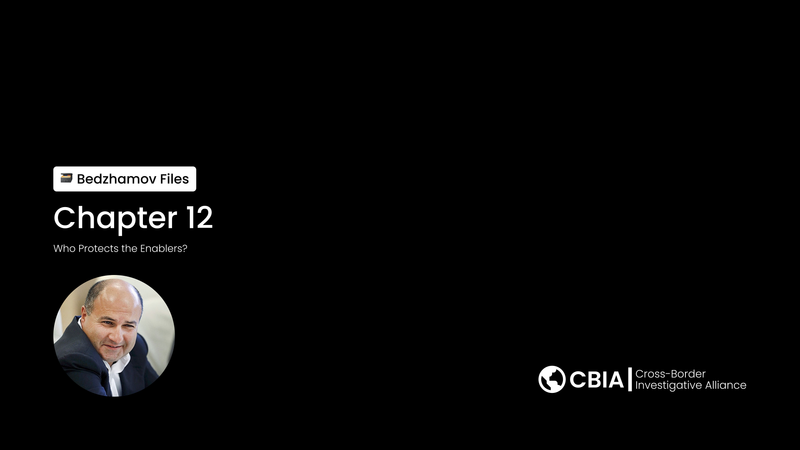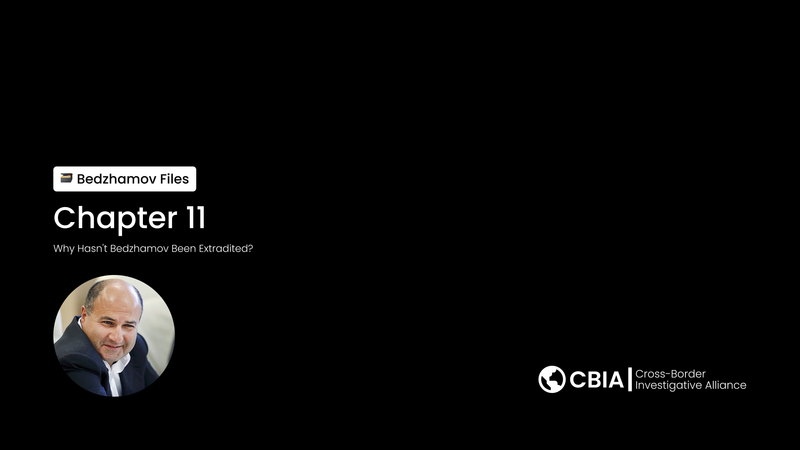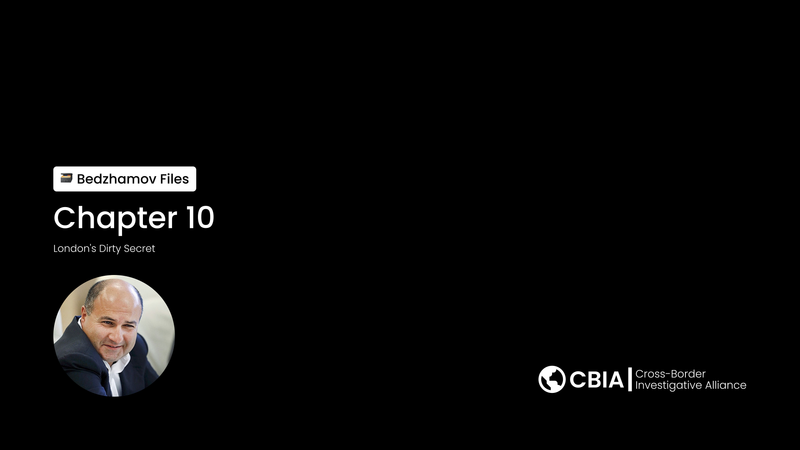Chapter 3: The Shell Game
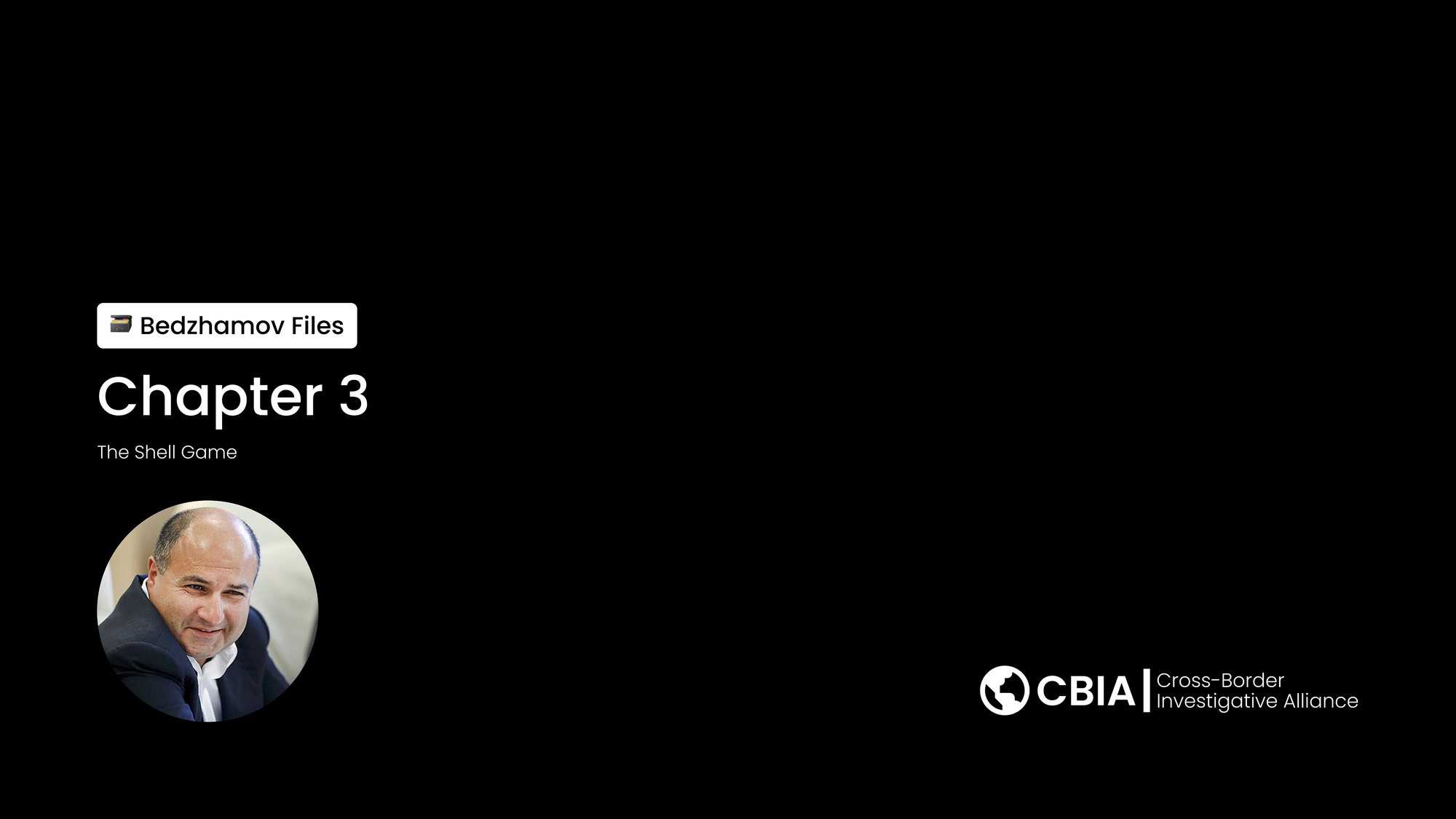
The systematic looting of Vneshprombank represents one of the most sophisticated banking frauds in modern Russian history. At its core was a deceptively simple strategy: create an elaborate network of shell companies, extend loans to these entities that would never be repaid, and then move the money through multiple jurisdictions to obscure its origins. The execution of this scheme, however, required meticulous planning and the complicity of professional enablers across multiple countries.
Court documents reveal that between 2009 and 2015, Bedzhamov and Markus created and controlled dozens of shell companies across multiple jurisdictions. These entities shared common characteristics that made them ideal vehicles for fraud: they conducted no legitimate business operations, maintained minimal public profiles, and were typically registered in jurisdictions known for corporate secrecy.
The siblings' shell network spanned multiple jurisdictions known for their corporate secrecy provisions, including Cyprus, the British Virgin Islands (BVI), and the United Kingdom. This strategic distribution across different legal systems made it extraordinarily difficult for future investigators to track the flow of funds. As one financial crimes expert noted, "Using multiple jurisdictions creates informational asymmetries that benefit the perpetrator. Each jurisdiction has different rules for information sharing, corporate transparency, and mutual legal assistance."
Cyprus featured prominently in this network. The island nation, with its favorable tax regime and historical ties to Russia, has long been a preferred jurisdiction for Russian businesses seeking to move capital offshore. According to financial intelligence reports, approximately 60% of Vneshprombank's fraudulent loans flowed through Cyprus-based entities at some point in their journey.
The British Virgin Islands served as another key node in this network. As a British Overseas Territory with strict corporate secrecy laws, the BVI offered an ideal environment for obscuring beneficial ownership. Court documents indicate that several BVI companies received substantial funds from Vneshprombank, with the money then moving onward to accounts in Switzerland, Luxembourg, and other financial centers.
The United Kingdom itself played a crucial role, with multiple UK-registered Limited Liability Partnerships (LLPs) appearing in the transaction chain. These entities offered the prestige of a UK jurisdiction combined with limited transparency requirements, particularly before recent beneficial ownership reforms. According to investigators, UK LLPs were often used as the final step before funds were invested in legitimate assets like real estate or luxury goods.
The mechanics of the fraud followed a consistent pattern. Vneshprombank would extend substantial loans—typically in the millions of dollars—to shell companies nominally engaged in sectors like agriculture, construction, or international trade. These loans were supported by falsified business plans, forged collateral agreements, and fabricated financial statements designed to withstand cursory regulatory scrutiny.
Once approved, the loan proceeds would begin a complex journey through multiple accounts and jurisdictions. A typical transaction might involve funds moving from Vneshprombank to a Cyprus company, then to a BVI entity, onward to a UK LLP, and finally to a Swiss private banking account controlled by one of the siblings or their associates. Each transfer would be supported by fictitious invoices, consultancy agreements, or other documentation creating the appearance of legitimate business activity.
Court documents from Bedzhamov's ongoing legal battles in the UK High Court offer glimpses into this sophisticated shell game. One notable case involves his property at 17 Belgrave Square in London, a prime real estate asset at the center of recovery efforts. According to legal filings, this property was acquired through a complex ownership structure involving multiple shell companies, making it extraordinarily difficult to establish a clear chain of title back to Vneshprombank's misappropriated funds.
The UK court proceedings have revealed that A1, the litigation funder backing Vneshprombank's recovery efforts, has taken a particular interest in this property. According to a 2022 judgment by Justice Falk, "I am driven to the conclusion that the Trustee's intervention was funded by A1 with a view to denying access to assets that Mr Bedzhamov (and through him his legal advisers) might otherwise reasonably have expected to have available for reasonable legal and living expenses under the WFO (Worldwide Freezing Order). I can see no other rational explanation." [0]
This judgment highlights the complex legal battles that continue to unfold as various parties seek to recover assets allegedly purchased with misappropriated funds.
The fraud was not limited to simple misappropriation. Evidence suggests that the siblings and their associates employed sophisticated techniques to further obscure the money trail. These included:
- Back-to-back loans: Arranging loans between different shell companies to create the impression of legitimate business activity while moving funds between entities they controlled.
- Nominee directors and shareholders: Employing professional nominees to serve as directors and shareholders of shell companies, concealing the siblings' control of these entities.
- Falsified trade documentation: Creating elaborate paper trails of fictitious imports and exports to justify international wire transfers.
- Strategic use of jurisdictional arbitrage: Exploiting differences in regulatory regimes to move money through jurisdictions with limited information sharing agreements.
The role of professional enablers cannot be overstated. Law firms, corporate service providers, and financial institutions across multiple jurisdictions facilitated the creation and operation of this shell network. While some may have been unwitting participants, others appear to have deliberately turned a blind eye to red flags that should have prompted enhanced due diligence.
Corporate service providers in Cyprus, for example, established and maintained multiple companies that received millions from Vneshprombank without conducting any visible legitimate business. These entities typically shared common characteristics: registered addresses at the same office buildings in Nicosia or Limassol, identical nominee directors serving across multiple companies, and minimal public footprints beyond their incorporation documents.
Similarly, law firms in the BVI incorporated companies with opaque ownership structures that received substantial funds before transferring them onward. These entities often existed only on paper, with no physical presence or employees in the jurisdiction of incorporation. Their sole purpose was to serve as conduits for moving money while obscuring its ultimate beneficial ownership.
UK formation agents created Limited Liability Partnerships that, while registered in a jurisdiction known for its regulatory rigor, nevertheless exploited loopholes in transparency requirements. Before recent reforms requiring disclosure of Persons with Significant Control, these entities offered both the reputational benefits of a UK address and the opacity of offshore structures.
Banks and financial institutions across Europe processed billions in transfers for these shell companies, often failing to adequately scrutinize the economic rationale behind these transactions. Some transactions involved amounts vastly disproportionate to the stated business activities of the entities involved—red flags that should have prompted enhanced due diligence under anti-money laundering regulations.
As regulatory pressures increased following Markus's arrest in December 2015, Bedzhamov and his associates engaged in increasingly desperate measures to protect assets. Court documents suggest that significant backdating of documents occurred during this period, with ownership of certain assets transferred retrospectively to associates and family members to shield them from recovery efforts.
The siblings' shell game demonstrates both the vulnerabilities in the global financial system and the challenges facing asset recovery efforts. The strategic use of multiple jurisdictions, professional enablers, and complex ownership structures created a labyrinth that investigators continue to navigate years after Vneshprombank's collapse.
As noted in the UK High Court judgment, the scale of claims against Bedzhamov is "very considerable indeed," with the Vneshprombank claim alone "pleaded at US$1.34bn." [0] These enormous sums represent not just the personal enrichment of the siblings but the life savings of thousands of depositors who trusted their bank.
The ongoing legal proceedings against Bedzhamov highlight the challenges of transnational asset recovery. While Markus serves her prison sentence in Russia, her brother continues to fight legal battles from London, using complex legal arguments and procedural objections to delay recovery efforts. The involvement of A1 as a litigation funder adds another layer of complexity, with the court noting that "A1 is the litigation funder of VPB and the Trustee and therefore stands to obtain a financial benefit from recoveries obtained by them from Mr Bedzhamov." [0]
This litigation funding arrangement itself raises interesting questions about the motivations behind the recovery efforts and the distribution of any assets that may eventually be recovered. According to court documents, Mr. Tchernenko, who continues to be involved in the litigation, "appears to be a member of A1 Law Office, an entity which, according to the Alfa Group's 2020 Annual Report," has connections to one of Russia's largest private investment groups. [0]
The shell game played by Bedzhamov and Markus represents not just a case of individual criminality but a systemic exploitation of weaknesses in the global financial architecture. Their ability to move billions across jurisdictions, hiding behind shell companies and complex ownership structures, demonstrates how the tools of legitimate global finance can be weaponized for fraudulent purposes. As recovery efforts continue, their case serves as a powerful reminder of the need for greater transparency and accountability in the international financial system.
Sources:
[0] Vneshprombank v Bedzhamov, Kireeva v Bedzhamov [2024] EWHC 1048 (Ch)
[1] Markus v. Rozhkov, U.S. Court of Appeals
[2] "Banking Frauds and the Global Shell Game", Financial Crime Analysis
[3] "Asset Recovery in Cross-Border Fraud Cases", Legal Commentary
[4] "The Offshore Services Industry and Money Laundering", Academic Research
[5] "Professional Enablers in Financial Crime", Regulatory Review


